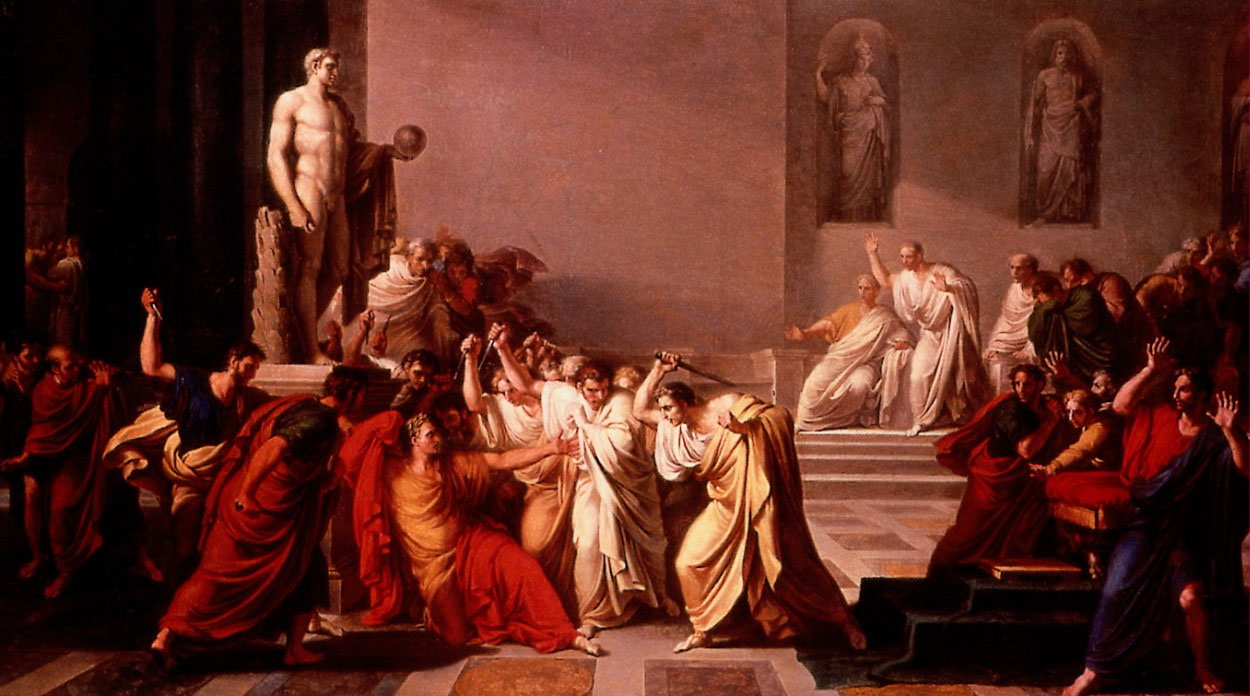So is the certain point in which who we believe to be the big bad is finally defeated and several new problems arise in the wake of the war the climax? Or is it at the end during the final confrontation? That point in your book where everything changes and everyone's at a loss or when everything comes together? I found this neat picture on the net that decides to explain it for you.
Well that makes sense right? Something that looks like it's taken right out of a literary textbook. Apparently, for a climax, tension builds up to the climax and for an anticlimax the story gets duller and duller. Whatever Piramidal is supposed to tell you I don't even know, maybe the fun part is in the middle of the book. What we have here is the stereotyped image of what people believe is the structure of stories. As if tension is something that can be drawn in a curve. Tension is not a subtle play in a person's mind, but a graph...or was it the other way around.
When writing a story, I personally don't experience the urge to build up neatly along a graph and tell my reader when the peak has been reached. Some novels don't even have tension and are still masterpieces of their own. Can someone tell me where the climax of Paradise Lost is? Or are we just reading it for the beautifully constructed narrative? What I'm trying to tell you is that your novel doesn't necessarily need a climax or anticlimax. The story by itself should be compelling enough to keep the reader's attention and it won't get better just because you carefully planned out your tension levels.
 |
| The death of Caesar in Shakespeare's play about Caesar is obviously a climax example as wikipedia kindly states, right? (it does look very dramatic, I admit) |

Geen opmerkingen:
Een reactie posten